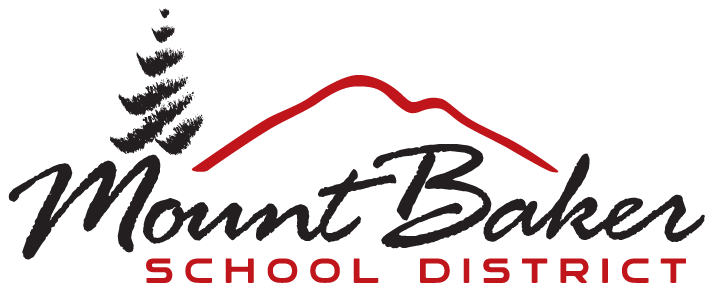CHILD FIND SCREENINGS
SCHEDULE A CHILD FIND SCREENING
Student Services
(360) 383-2012
WHO CAN BE HELPED THROUGH CHILD FIND?
Child Find is a component of the Individuals with Disabilities Act (IDEA) that requires states to locate, identify, and evaluate all children with disabilities, age's birth through 21 years, who are in need of early intervention or special education services. These include:
Learning Disability
Developmental Delay
Speech or Language Impairment
Orthopedic Impairment
Hearing Impairment/Deafness
Other Health Impairment
Visual Impairment/Blindness
Traumatic Brain Injury
Intellectual Disability
Emotional/Behavioral Disability
Autism
Multiple Disabilities
ABOUT CHILD FIND
The Mount Baker School District provides free Child Find screenings to locate and identify children and youth, ages birth through 21 years, with delays or disabilities who may be in need of early intervention or special education services. These screening clinics are held throughout the year on an appointment basis. Upon completion of the screening, a member of the Screening Team will explain the results to the child's parent/guardian. If the screening results indicate the child is having difficulty in one or more areas, a meeting will be scheduled to refer the student for a possible Special Education evaluation.
The Mount Baker School District complies with federal and state Child Find rules and regulations. Child Find applies to all children residing within the district boundaries, including children who attend private schools, home school, highly mobile children, migrant children, homeless children, and children in foster care [20 U.S.C. 1412(a)(3)].
Areas of Developmental Concern | Examples |
|---|---|
Speech and Language (talking) |
|
Learning and Understanding (academic) |
|
Behavior and/or Social Skills |
|
Self-Help Skills |
|
Motor Skills (coordination and movement) |
|
Vision and/or Hearing |
|
